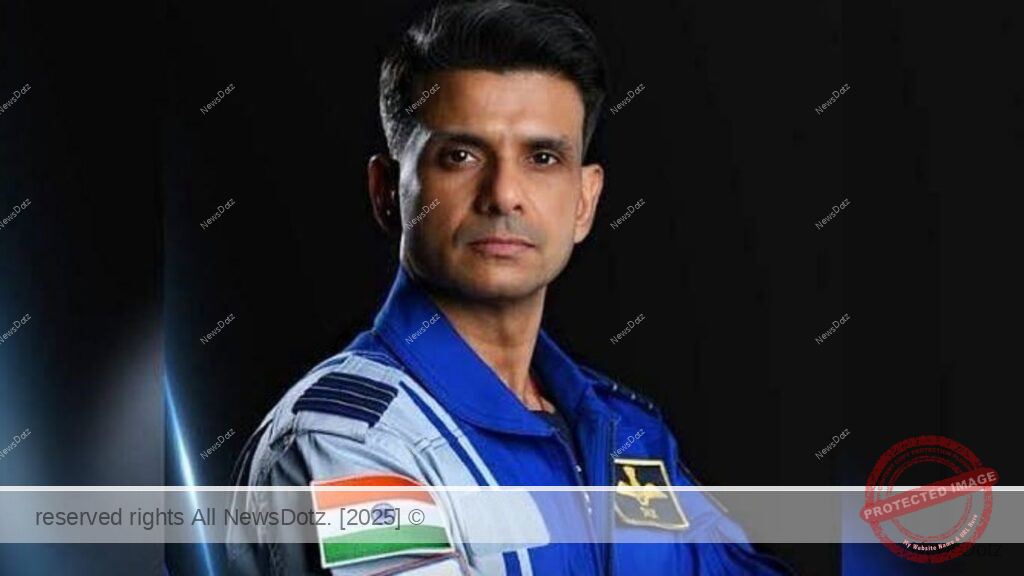Indian-origin ISRO astronaut Shubanshu Shukla launches into space on NASA’s Axiom-4 mission today. India joins 31 countries in research aboard ISS, reviving its space legacy after 41 years.
New Delhi | June 25, 2025 –Its a historic moment for India as NASA is set to launch the Axiom-4 mission, a significant step not just for space science but for national pride. This mission holds immense importance for India, Hungary, and Poland, as astronauts from these nations will head to the International Space Station (ISS) together. For India, the moment is particularly special – Shubanshu Shukla, an Indian-origin astronaut associated with ISRO, is heading to space, becoming the first Indian since 1984 to reach the ISS.
Shukla’s presence aboard this mission symbolizes a new chapter in India’s space journey. His participation is seen as a strategic and symbolic leap forward that complements India’s upcoming Gaganyaan mission and the long-term goal of establishing an Indian space station by 2035. Though Shukla isn’t part of Gaganyaan directly, his role in Axiom-4 is expected to contribute significantly to training Indian astronauts and shaping future mission designs.
Axiom-4 isn’t just a ceremonial space visit—it’s a scientific powerhouse. Over 60 high-impact experiments will be conducted on the ISS during the 14-day mission, representing scientists from 31 countries. Among these, 12 experiments are part of a joint Indo-US collaboration, including 7 Indian and 5 American projects. These will focus on:
- Biological sciences
- Human health in space
- Space life support systems
- Advanced space technologies
Shubanshu Shukla himself will be conducting seven of these experiments, focused mainly on microgravity research, which is expected to boost India’s research capabilities in space biosciences and medicine.
With India aiming to send astronauts to the moon by 2047, missions like Axiom-4 are foundational steps in building technical experience and international partnerships. The collaboration with NASA not only enhances India’s visibility in the global space arena but also strengthens its scientific, economic, and strategic foothold in space technology.
India’s last human presence in space dates back to Rakesh Sharma in 1984. With Shubanshu Shukla’s mission today, a 41-year wait ends, and a new era begins—one that promises Indian astronauts, Indian stations, and an Indian flag flying high in space once again.
Follow us On Our Social media Handles :
Instagram – https://www.instagram.com/newsdotz/
Youtube – https://www.youtube.com/@NewsDotz
Facebook – https://www.facebook.com/profile.php?id=61573903448264
Twitter – https://x.com/NewsDotz

